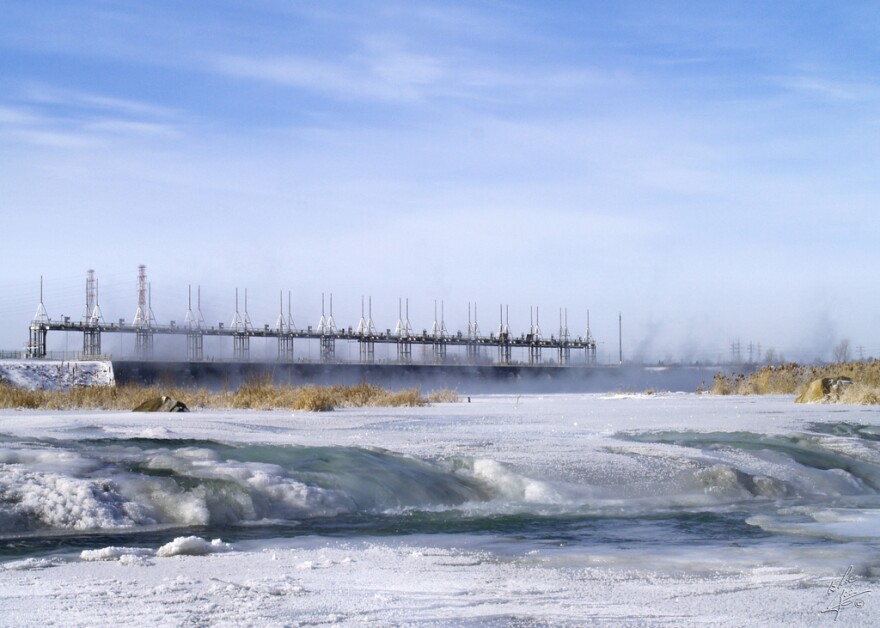Hydro-Quebec, a government-owned utility in Canada and a key energy producer for Vermont, has a new a chief executive officer. Éric Martel comes to Hydro-Quebec after heading up the successful business aircraft division at Bombardier.
Martel wants to put greater emphasis on sales and profits while increasing electricity exports outside Quebec.
"His nomination was somewhat of a surprise," says Peter Hadekel, who writes for the Montreal Gazette. "He’s not a name that people have been bandying about, and certainly, coming from outside the industry, he's going to have some challenges to face."
New leadership
Martel has a background in electrical engineering, and held a series of positions in the private sector. For most of the last decade he’s led Bombardier division that has been driving the company.
Martel’s declared emphasis on the need to increase profits at Hydro-Quebec is not unfounded. Currently Hydro-Quebec is paying an annual dividend to the government of about $2.5 billion a year, and also paying around $500 million a year in royalties on the water that it uses to generate power.
The challenge is complicated by the fact that Hydro-Quebec has been producing a surplus of power, which costs between 6 and 12 cents a kilowatt hour to generate.
“If the power can't be sold in Québec it has to be liquidated, and it's often sold off at very low prices which have ranged as low as 3 to 4 cents in the U.S.,” says Hadekel.
Vermont gets about one-third of its power supply from Hydro-Quebec, and is currently several years into a 26-year contract. The price Vermont pays for Hydro-Quebec’s power is calculated using a formula taking into account regional and national prices.
Power surplus motivating expansion
The power surplus in Canada stems from a variety of factors including the Canadian governments' decision to support wind power projects, says Hadekel.
“Successive governments decided for their own largely political reasons to go ahead with large wind power projects mostly as a way to stimulate regional economic growth.”
To boost sales of the surplus power the utility needs to work on improving transfer networks, says Hadekel.
“So there's a number of projects on the drawing board; there's the Northern Pass project which will let eventually link up through New Hampshire and down into the Boston area,” says Hadekel. “That is creating a lot of controversy I understand because of the route that they've taken through the White Mountains in New Hampshire."
Still he says, "these projects have to go ahead before Hydro-Quebec can realize some of its ambitions.”






